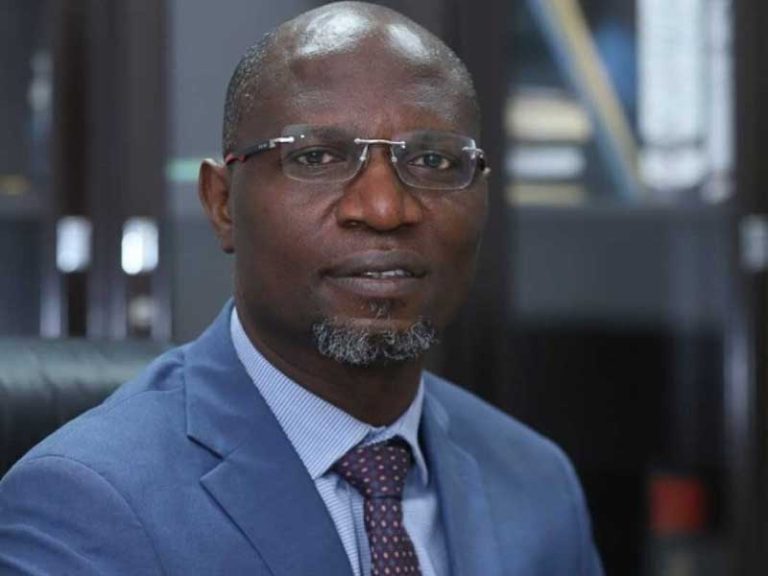Listeners:
Top listeners:
00:00
00:00
volume_up
chevron_left
-
play_arrow
104.9FM Best rock music demo
-
play_arrow
Demo Radio Nr.1 For New Music And All The Hits!
-
play_arrow
Demo Radio Techno Top Music Radio
-
 play_arrow
play_arrow
Police Commissioner Launches Weapon and Riot Control Training for FCT Officers Democracy Radio
SEC Sets 2027 Deadline for Global Sustainability Standards Enforcement

share
close
By Oluwakemi Kindness

The Securities and Exchange Commission (SEC) has announced a phased plan to adopt the International Sustainability Standards Board (ISSB) disclosure framework.
SEC said the move will boost investor confidence, reduce information risks, and unlock greater access to international capital for Nigerian issuers.
SEC Director-General, Dr. Emomotimi Agama, stated this while speaking at a panel session on IFRS S1 and S2 standards, saying aligning with the global baseline is “central to building a transparent, resilient, and globally competitive market.”
Under Nigeria’s roadmap, voluntary adoption will begin with early adopters and large public interest entities, before transitioning to mandatory compliance: 2027 for significant PIEs, 2028 for other PIEs, and 2030 for small and medium enterprises.
According to a statement on Thursday by the Commission, Agama explained that the new regime will give investors clear and comparable insights into how companies manage risks and build resilience, helping to lower borrowing costs and attract long-term global institutional capital.
To ensure seamless implementation, SEC is collaborating with the Financial Reporting Council of Nigeria on phased assurance requirements, with the Nigerian Exchange on digital reporting systems, and with pension funds and asset managers to harmonise ESG data expectations.
The Commission will adopt a “comply or explain” supervisory model in the early years before moving to full enforcement.
According to Agama, full adoption will not only deepen Nigeria’s capital markets but also stimulate product innovation in green bonds, sustainability-linked bonds, and transition sukuk, while improving Nigeria’s eligibility for global indices.
“Aligning with ISSB standards will open Nigerian issuers to larger pools of long-term capital, strengthen investor trust, and integrate SMEs into global value chains,” he said.
Written by: Democracy Radio
Rate it
Similar posts
Copyright Democracy Radio -2024


